At the back end of last year, I attended the 30th anniversary reunion of the Office of Passenger Rail Franchising (OPRAF), the organisation charged with privatising Britain’s railway passenger services.
Seeing many of my former colleagues again was a chance to relive some of those singular days, and it made me reflect on what history will record of what might now go down as the privatisation experiment.
My joining in February 1996 coincided with two things:
- The start of operations of the first franchise.
- Alanis Morrisette releasing her career-defining Ironic.
People often mistake coincidence for irony - as Alanis did, because Ironic contains no irony, only coincidence. The answer, then, to her catchy refrain “Isn’t it ironic?” is “Well, no, actually,” - which is indeed ironic.
Despite the lack of irony, I have always associated the song with the railways and the ironic vignettes and Shakespearean tragedy that can be found, which tell something of privatisation’s story.
Ironically, that torch bearer of privatisation, Margaret Thatcher, thought railway privatisation was a privatisation too far. She had such a low opinion of the railways, she “wouldn’t wish them on the private sector”.
But successor John Major (pictured above at Darlington station in 1997) and his ministers ploughed on - first advocating for and then abandoning a re-creation of the ‘Big Four’ vertically integrated railways in favour of the system we still notionally have today under the 1993 Railways Act, with separation of track and train and the regular competing of services through franchising.
The new structure didn’t get off to the best of starts. Engineering works meant the first ever privatised train was, in fact, a bus.
Train drivers’ union ASLEF, opposed to privatisation then (as now), gratuitously noted with barely concealed irony that “the honour of working the first privatised train” was not felt by an actual train crew until later in the day.
Despite the ignominious start, the pace of privatisation was unrelenting. The drive and singular focus of OPRAF (or rather of the government to get everything done before the next election) pushed the market into signing up to the remaining 24 franchises within the next 13 months.
When it was all over, the transition from sales to management was as pathfinding as franchising itself had been.
It is perhaps an indictment that some of the questions being asked were “Well, what now?” and “What does the franchise agreement - the contract we had just sold 25 times over - ‘actually say’?”
Nor was there a plan for managing a franchise termination, and there was certainly no Directly Operated Railways on standby back then.
All of this was indicative of what might now be seen as a somewhat cavalier attitude to the delivery of vital public services. But the truth was: OPRAF was a small organisation, and every available resource was directed towards getting all passenger service operation off the books, rather than towards the possibility of taking any of it immediately back.
By 2002-03, OPRAF had already morphed into the bigger Strategic Rail Authority, and I was asked (this time from private practice) to help iterate the franchise agreement for the next round of franchises, adopting all of the learning from the intervening period.
This meant (bluntly) tightening up the proposition. We moved from what had been sold as a contracted business opportunity to a much larger, more prescriptive animal.
By 2009, the franchising system appeared to be ticking over.
Margins had tightened as some costs were mastered. Passenger numbers had continued to grow (up 58%). Proper investment had rightly driven safety to paramountcy. New rolling stock was regularly coming online. Stations were getting more than a lick of paint.
But then we had the first proper sign that the dynamic in bidding for franchises was not quite right.
National Express had promised the DfT £1.4 billion in premium payments over the life of the East Coast Main Line franchise it had won two years earlier. This had been predicated on the basis of ever-increasing passenger numbers, but then the 2008 financial crisis put a dent in that.
Eventually, National Express confirmed it would not be able to honour its future franchise payments to the DfT. The DfT stood firm, refused to renegotiate, and eventually ‘took the keys back’.
By 2011, it was clear that this kind of problem was a feature, and not a bug, in the bidding process.
This time, FirstGroup decided to ‘hand the keys back’ to the Great Western franchise. It argued that it had become unsustainable to pay the DfT £826.6 million in the final three-year extension period of its franchise.
It seems obvious now, but it was something of a revelation then that back-ending the franchise payment profile in your optional extension period helped you win franchises, and you wouldn’t have to pay if you didn’t take up the option.
Of course, there was a huge stink. Handing back the keys was reputationally damaging - but not so damaging, ironically, to stop FirstGroup taking them back in the following Great Western competition on more modest payment terms.
Between those two key-returning extremes, other operators hung on to theirs. But they were leaning heavily on the so-called ‘cap and collar’ regime in franchise agreements, which offered them some DfT financial protection against forecasting revenue risk.
All of this revealed a flaw at the heart of franchising. The more optimistic you were in your revenue forecasts, the more you could promise the DfT, or the less you required from it, and this boosted your chance of winning. In other words, you were incentivised to overbid.

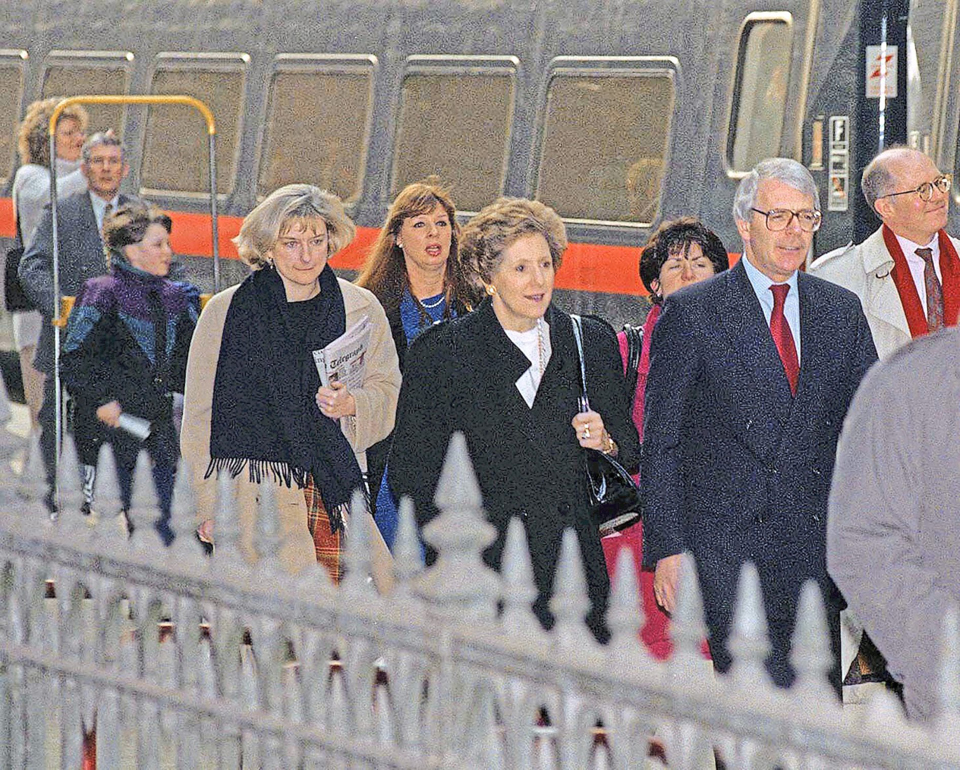

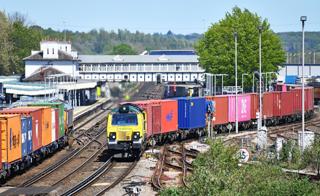
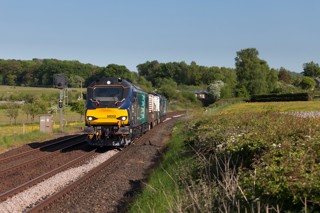
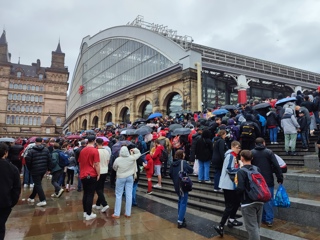
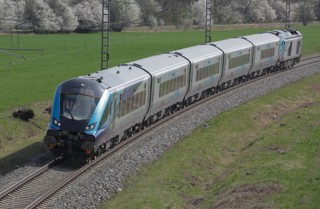
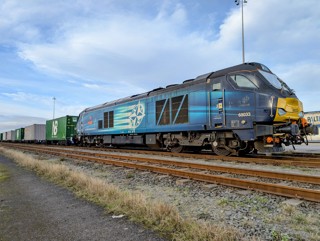











Login to comment
Comments
No comments have been made yet.